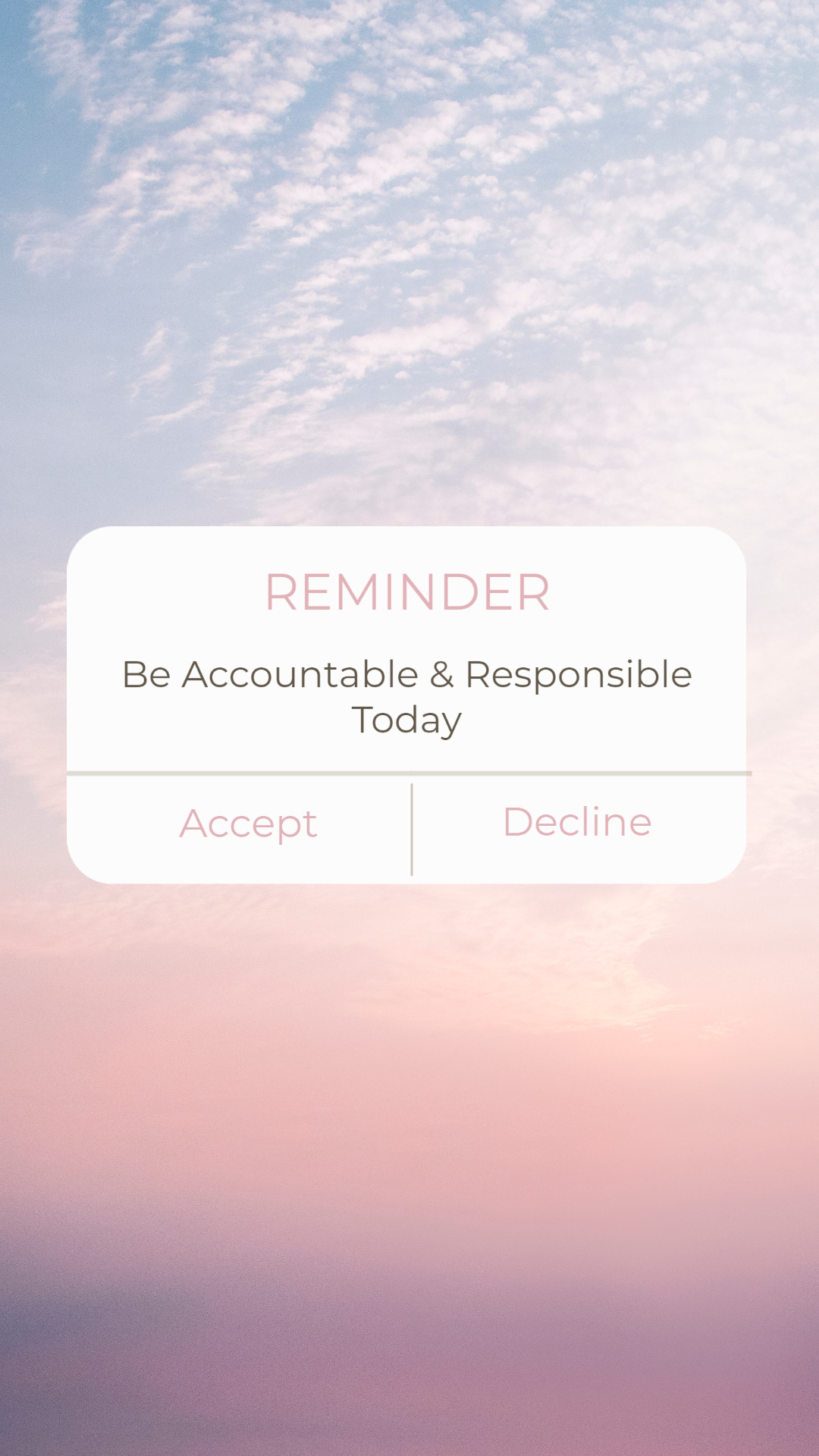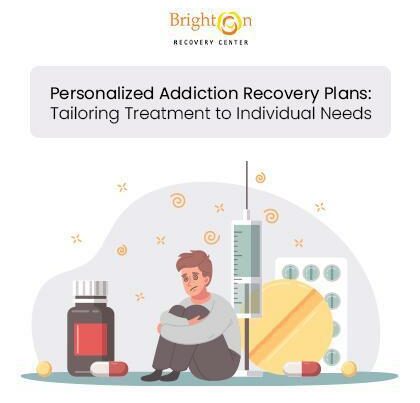The Benefits of Accountability and Responsibility in Addiction Recovery

Taking responsibility for one’s actions is a common notion across many different spheres and it can be especially pertinent in recovery. While taking responsibility for one’s actions often means coming to terms with the mistakes or regrets that a person may hold, it can also be a freeing feeling that can help a person reclaim agency over their daily life. Responsibility and accountability are prevalent through each step of the recovery process, but their importance lies in their ability to transcend the recovery sphere and help each person reintegrate themselves into personal groups or communities and the professional workplace, all while continuing to support a person’s ongoing sobriety. While it may be difficult to come to terms with one’s past, responsibility and accountability can also be used to create great opportunities for progress through each person’s recovery journey. What starts as daily routines and chores can create empowering mindsets that can affect every aspect of one’s recovery.
What Do Accountability and Responsibility Look Like?
Accountability and responsibility take many forms. Accountability is about being honest with oneself and others about any kind of event or action. It is letting others know when one is feeling great about their recovery, as well as when they are struggling. Accountability can mean looking back on one’s mistakes and realizing the role they played in them, as well as recognizing the role that others may have had in a certain situation. It is a way to address a person’s actions and emotional state in order to create an honest space to work from. While some parts of this may be uncomfortable, accountability can also help someone realize certain dynamics in their relationships and empower each person to hold others accountable as well. Keeping oneself accountable and honest about their actions can also then prompt accountability and honesty from others around them.
Responsibility is the act of keeping one’s word and upholding one’s own values. In recovery, this is attending regular appointments and group meetings on time, or completing regular chores around one’s living space. It is the ability to autonomously manage oneself in terms of time, resources, or commitments. Responsibility is demonstrated by the actions that someone takes to prove they are genuinely working towards their goals or upholding any of these commitments, while accountability can be thought of as the conversation that happens afterward–a fair record of the actions that were taken and how each individual contributed to whatever the outcome may have been.
How Freedom Can Come From Accountability and Responsibility
While the concepts of freedom and responsibility may seem to stand in opposition to each other, this isn’t actually the case. Being bound to a commitment doesn’t always necessarily mean that there is just one way to accomplish a task, and accountability and responsibility may instead only be binding someone to the results of a commitment. For example, attending meetings on time can be accomplished in a number of ways: driving, walking, biking, or calling a taxi can all be various ways in which someone upholds the end of their agreement. When someone internalizes accountability for their actions, they can free themselves to tackle problems and responsibilities in a way that makes sense to them, as each person is ready to be accountable for their decisions.
Taking control of your own thoughts and actions can be an incredibly freeing experience. If someone is ready to own how they act and the mistakes they make, they can also then own their accomplishments and their decisions that led them to such accomplishments. Accountability is typically brought up most when something has gone wrong in some way. However, each person is accountable for their own successes in the same way and should be celebrated for their efforts in accomplishing a task successfully. Recovery is a very personal journey as each person learns to tackle their own urges while reshaping their goals and worldview, but practicing life skills alongside responsibility and accountability can give each person the agency they need to take their recovery and future into their own hands.
Implications Beyond Recovery
Accountability and responsibility are valued in many areas beyond the recovery sphere. However, it holds an especially important place for both reconstructing personal relationships, as well as when someone is reintroducing themselves to the professional workplace. Accountability and responsibility showcase a genuine desire for change and can demonstrate that a person is committed not just to addressing their mistakes in the past, but also towards making a better future for themselves and others. In a professional sense, these traits showcase agency and decision-making skills, all of which can begin in the recovery process and continue to develop in other spheres as someone uses them to genuinely regain control of their actions and their new, sober lives.
Accountability and responsibility are just two aspects that can be addressed through your recovery journey and practicing these skills is an important part of daily life. If you or a loved one are suffering from an addiction to drugs or alcohol and are ready to take the first step towards your sobriety, Brighton Recovery Center can help you today. With a number of different programs, from residential treatment to partial hospitalization, intensive outpatient, detox services, and family programming, we can work with you to create a plan that meets your needs while helping instill a sense of accountability and responsibility in your life. With a number of therapeutic approaches, from movement therapy, art therapy, and even a cafe or thrift shop where you can learn these important skills of accountability and responsibility while getting real-world experience, we can create a plan that helps you work towards your own, sober goals. For more information on how we can personalize your time with us, call us today at (844) 479-7035.



